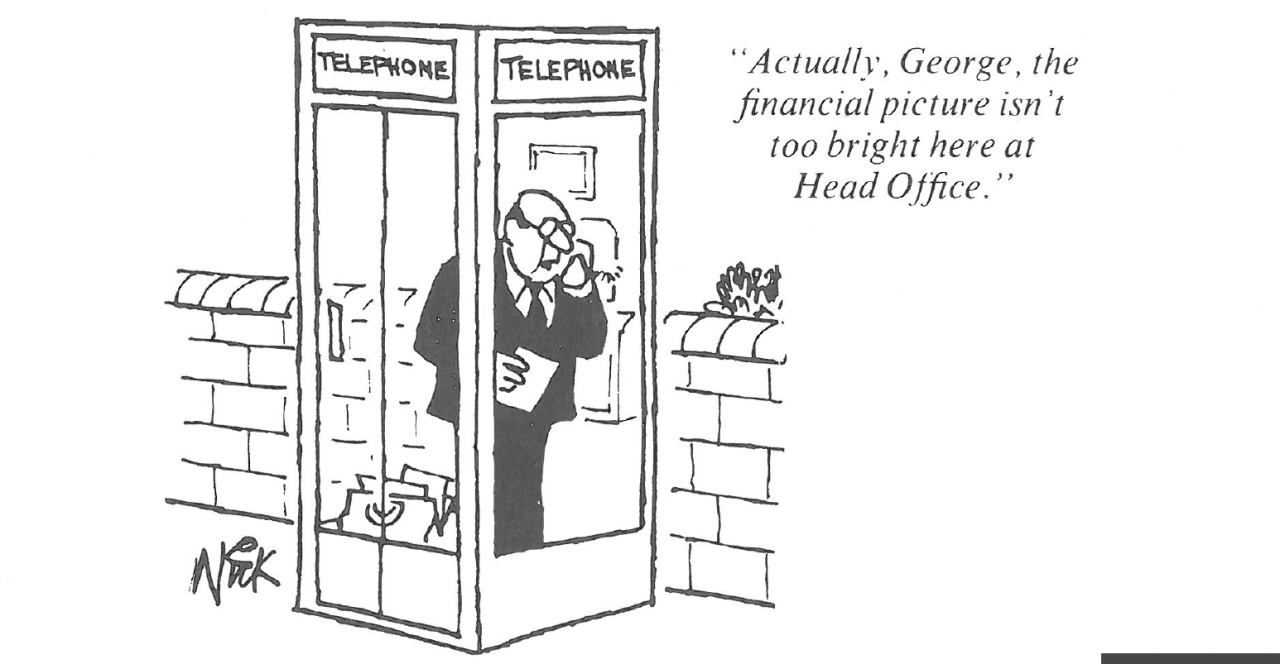to deceive a diplomat speak the truth
to deceive a diplomat speak the truth

Experienced project managers tell that their work is 80% communication. Stakeholders identification, communication plan, etc. are tools to establish efficient channels, but in practice it can be decisive also which words exactly you use.
Remember, one of the Coca Cola marketing failures - in year 2000 they wanted to introduce dynamic soda pricing based on temperature measured by a sensor inside vending machines. The CEO said:
“I think it would be fair to raise the price of soda on a summer day like today. Vending machines could be equipped with thermometers, and when demand for a cold soda rose with the temperature, the price would rise too, just as Economics 101.”
That cost him career in Coca Cola, but if he phrased it in terms like “lower the price on a cold day” or “out of peak hours”, it could have been a different story. After all, don’t we pay less every Black Friday\Christmas\end-of-season time, effectively spending more money though! =)
In this regard, was a lot of fun to skim through “The language of meetings”: a mix of humour, psychology and language lessons.
Among other it recommends to:
- avoiding direct disagreement by using qualifiers: a short delay, a bit of a problem, a little more time
- not + (very) + [positive adjective] is better than [negative adjective]: this is not very helpful
- interruption is almost always impolite, but if you do it, avoid sarcasm and mind your intonation: may I comment on that last point?
- for native speakers: remember, that non-native speakers know more about your culture, than the other way around
- asking the right question is recommended instead of stating your conviction very strongly
Luckily, truly boring meetings are avoiding me (kudos to my PMs), so I can’t really complain, but the book lists “practical” advises how to survive those: pick a vogue word like “transparent” and count how many times it comes up. Use them on your own risk.
The disclaimer starts here.
Experience (especially, successful) - is what is valued the most, often above the methodology knowledge.
Several lessons with a project management mentor don’t place me even close to “methodology knowledge”, but I use the training to understand the processes around better and see what I would like to do in future.
Additional bonus - if someone finds these “undercooked” nuggets of information worth the reading time.
Links to this File
table file.inlinks, filter(file.outlinks, (x) => !contains(string(x), ".jpg") AND !contains(string(x), ".pdf") AND !contains(string(x), ".png")) as "Outlinks" from [[]] and !outgoing([[]]) AND -"Changelog"